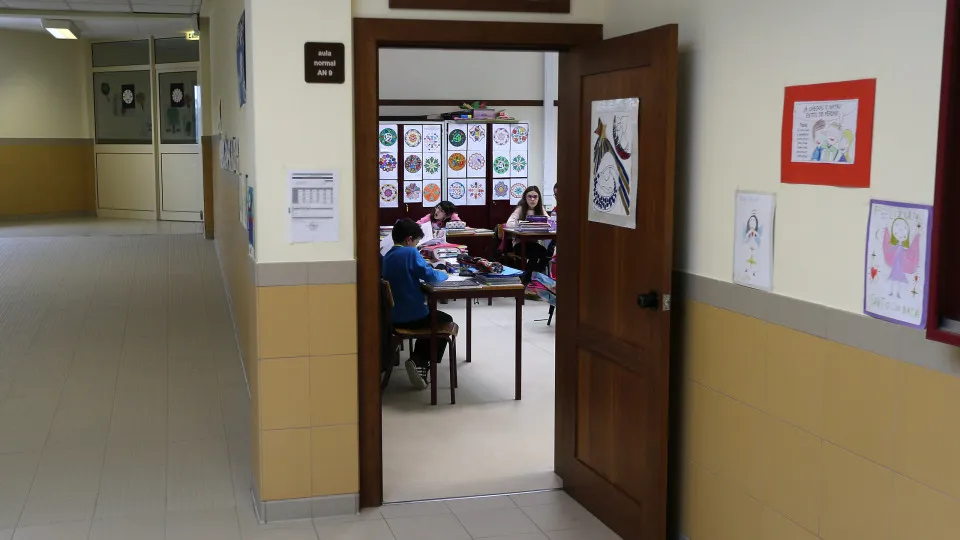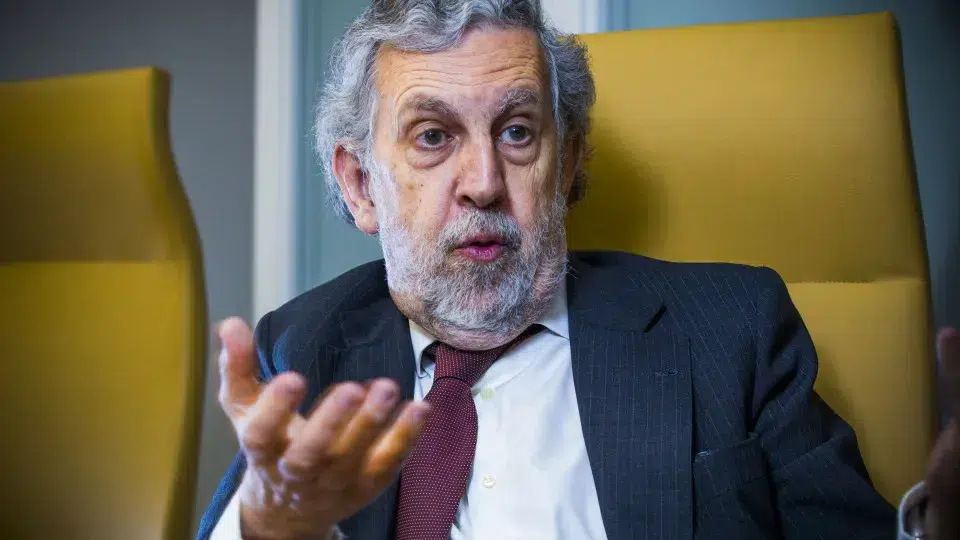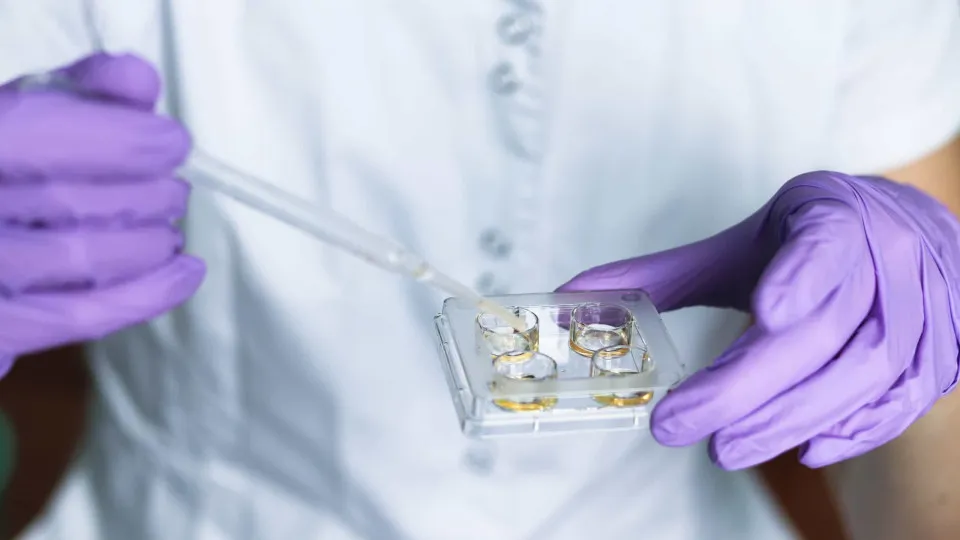
The National Federation of Education (FNE) announced today that the extraordinary recruitment process is not seeking Physics and Chemistry teachers, noting the difficulty in finding these educators, and stating that it is “common to replace them with non-certified individuals” or resort to “overtime hours.”
The Ministry of Education, Science and Innovation (MECI) clarified that no such demands were identified for the most deprived Pedagogical Zone Frameworks (QZP), located in the regions of Lisbon and the Setúbal Peninsula, as well as in certain schools in Alentejo and Algarve.
“In the last recruitment reserve, only three slots for Physics and Chemistry teachers were requested for these schools, with a total of 12 teachers currently available in the recruitment pool,” the ministry added.
The ministry assured that there is “no significant structural shortage compared to the recruitment groups where vacancies were opened.”
The extraordinary recruitment process was launched this week by the government, opening 1,800 positions, notably seeking 310 Portuguese language teachers, 192 Mathematics teachers, or about 170 for teaching in the 1st cycle.
The recruitment, replicating a model introduced for the first time last school year, began on October 28 and will conclude on November 14.
The Minister of Education revealed this week that nearly half of the school groupings still lacked teachers, with at least 10 open slots in 12 groupings.
“One of the most serious problems is the lack of teachers,” acknowledged Fernando Alexandre on Wednesday during the detailed discussion of the State Budget proposal for 2026 (OE2026).
“On October 24, we had 1,240 unfilled slots, with 480 school groupings having at least one open slot, and 12 groupings with 10 or more unfilled slots,” Fernando Alexandre disclosed, admitting that the figure might now be outdated.
The 1,240 slots lacking teachers “are all concentrated” in the Greater Lisbon area, Setúbal Peninsula, and certain areas of Alentejo and Algarve. The OE2026 proposal plans to “spend an additional 118 million euros” to address the shortage of teachers.
To attract teachers to schools, the ministry launched several measures such as support for relocation for those placed far from home and a new extraordinary external recruitment for schools facing more hiring difficulties.
The minister acknowledged that in a pool of “over 128,000 teachers (in schools), it is natural to always have open slots; the issue is the speed with which [each slot] is filled.”




